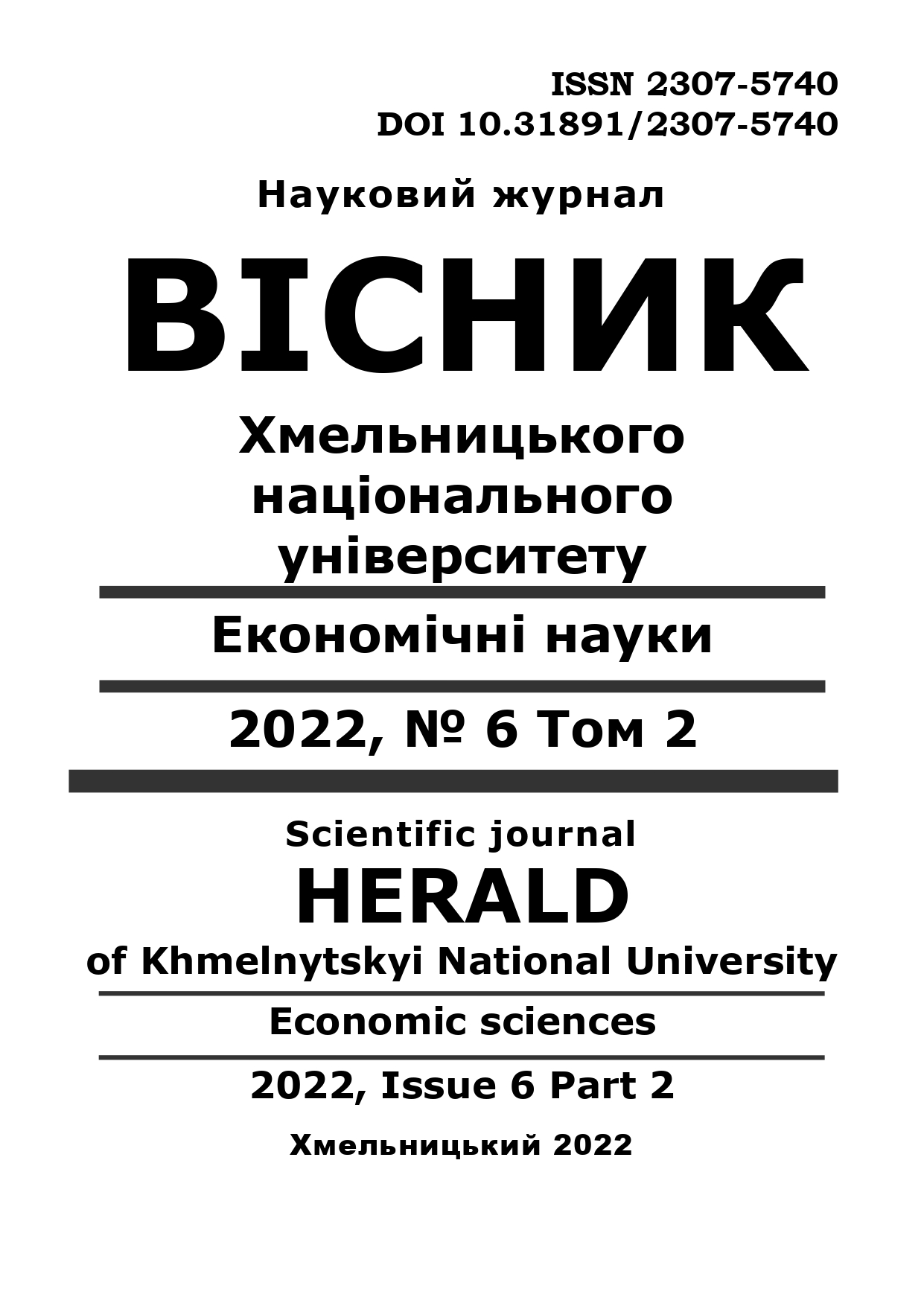INTERNATIONAL EXPERIENCE OF APPLICATION OF THE COMMON TRANSIT PROCEDURE
DOI:
https://doi.org/10.31891/2307-5740-2022-312-6(2)-8Keywords:
transit, common transit, Conventions on common transit procedure, NCTSAbstract
The article is devoted to the study of international experience in the implementation of joint transit. The purpose of the article is to study the main aspects of the international experience of applying the joint transit procedure.
To achieve the goal, the following methods were used: induction and deduction, theoretical generalization, abstraction, dialectical cognition - when studying scientific sources and researching theoretical aspects of the implementation of the joint transit procedure, determining the categorical apparatus of the investigated issues; abstract-logical – for summarizing theoretical propositions, forming conclusions and proposals on the topic of research. The article analyzes the process of transit system development in the EU. The regulatory and legal framework that ensures the normalization of joint transit issues in European countries is given. The essence and features of the application of transit systems in the EU have been determined. A comparative analysis of union and joint transit, which is used in the EU, was carried out. The experience of joint transit implementation was analyzed using the examples of Georgia, Great Britain, Serbia and Turkey.
The advantages of countries joining the Convention on the common transit procedure are given, as well as the conditions for applying the common transit procedure are outlined. The peculiarities of the implementation of the joint transit procedure in each of the studied countries were analyzed. The essence, content and functionality of the electronic transit system (NCTS), which each of the countries implemented in practical activity, is revealed. The features of the exchange of customs information provided by the NCTS and the security aspects of its preservation within the system are analyzed. The specifics of joint transit and the functional burden on each of the participants in such customs legal relations have been determined. Special attention is paid to the analysis of qualitative changes in the service component of customs activity, achieved as a result of the application of NCTS.


